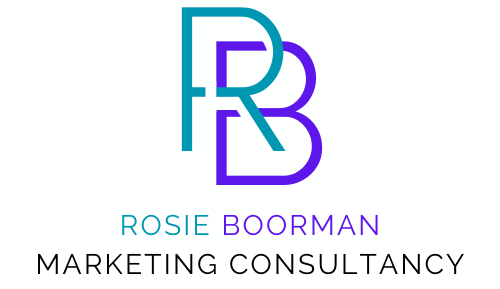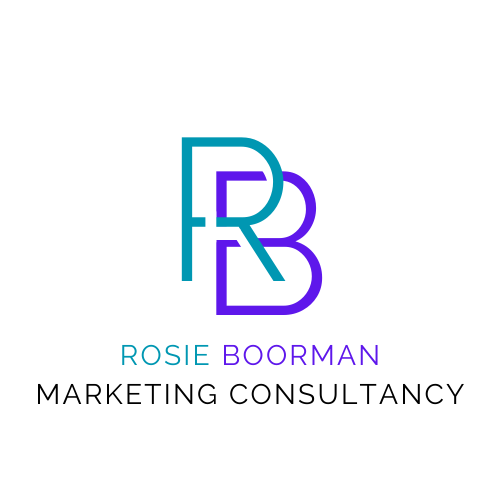In today’s fast-paced online world, businesses need more than a great product or service to stand out—they need a strong digital marketing strategy backed by compelling content marketing. These two approaches work hand in hand to attract, engage, and convert customers in an increasingly competitive landscape.
While digital marketing covers the full spectrum of online promotion, content marketing focuses on creating valuable, relevant material that builds trust and drives action. Together, they create a powerful engine for business growth.
1. What is Digital Marketing?
Digital marketing is the use of online channels and technologies to promote products, services, or brands. It includes:
- Search Engine Optimisation (SEO)
- Pay-Per-Click (PPC) advertising
- Social media marketing
- Email marketing
- Online PR and influencer partnerships
- Conversion rate optimisation (CRO)
The goal is to reach the right audience, at the right time, with the right message.
2. What is Content Marketing?
Content marketing is a subset of digital marketing that focuses on creating and sharing valuable content—such as blog posts, videos, podcasts, infographics, and eBooks—to attract and retain a clearly defined audience. The emphasis is on providing information, education, or entertainment rather than pushing a direct sales message.
3. Why Digital and Content Marketing Work Best Together
Digital marketing sets the stage for reaching potential customers, while content marketing gives them a reason to engage. For example:
- SEO + Content Marketing: Optimised blog posts help your site rank higher on Google, bringing in organic traffic.
- Social Media + Content Marketing: Engaging videos or infographics fuel shares, comments, and brand visibility.
- Email Marketing + Content Marketing: Newsletters filled with valuable resources keep subscribers engaged and loyal.
- PPC + Content Marketing: Paid ads drive targeted visitors to high-value content that nurtures them towards a purchase.
4. Benefits of Combining Digital and Content Marketing
- Increased Visibility: Quality content boosts search rankings, social shares, and online presence.
- Better Audience Engagement: Content encourages interaction, builds community, and strengthens relationships.
- Higher Conversions: Targeted, well-placed content moves customers through the sales funnel more effectively.
- Brand Authority: Sharing expert insights builds credibility and positions your business as an industry leader.
- Cost Efficiency: Evergreen content can deliver traffic and leads for months or years, maximising ROI.
5. Tips for an Effective Digital and Content Marketing Strategy
- Know Your Audience: Understand who they are, what they need, and where they spend time online.
- Set Clear Goals: Define measurable objectives for both reach and engagement.
- Plan Your Content: Use a content calendar to stay consistent across channels.
- Optimise for SEO: Ensure your content is discoverable through search engines.
- Promote Across Multiple Channels: Share content on social media, email, and paid ads to maximise reach.
- Measure and Refine: Track performance using analytics and adjust your strategy accordingly.
Final Thoughts
Digital marketing gets your brand in front of the right people, and content marketing keeps them interested. Together, they form a long-term strategy that builds trust, strengthens brand loyalty, and drives consistent growth.
In the crowded digital space, businesses that master both will not only capture attention—they’ll turn it into lasting customer relationships.


No responses yet